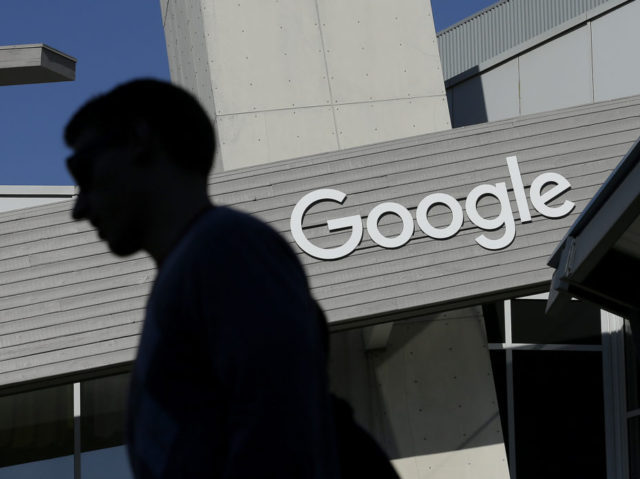Google has been releasing new information on its homegrown machine learning chip; but at the same time, most of the original development team have secretly splintered off to form their own project.
Some of the key creators of the Tensor Processing Unit (TPU) have left Google and teamed up with Chamath Palihapitya, a prominent young investor based in Silicon Valley, to form Groq Inc.
Google made its first announcement about the TPU in May of last year, declaring that they had been using the machine learning technology within the company for a year or so. The main difference between TPUs and normal silicon chips is that they can perform sophisticated calculations on a physically smaller area of silicon. Norm Jouppi, one of the project heads still at Google wrote in a blog post earlier this month that machine learning is still too much for today’s technology, but that with TPUs, these sorts of programs can run 15 to 30 times faster, with efficiency 30 to 80 times better.
In an interview with CNBC last month, Palihapitiya said he first heard about the chip 2 and a half years ago on a call. Usually, venture capitalists would refuse to invest in a new chip company, as the research and development costs to produce a viable prototype are enormous. Combined with strong incumbents such as Intel and Nvidia, this is a generally risky investment. However, Palihapitiya is confident. “We’re really excited about Groq,” he wrote in an e-mail. “It’s too early to talk specifics, but we think what they’re building could become a fundamental building block for the next generation of computing.”
There isn’t much out there about Groq currently other than two SEC filings from last year saying that the company had raised $10.3 million, and a filing for incorporation in Delaware in September. Three principals are named in the SEC documents: Jonathan Ross, co-inventor of the TPU, Douglas Whitman, a former Google X engineer and Palihapitiya himself, as founder of the investment firm Social Capital.
Eight of the original ten engineers to work on the TPU are now with Groq, building a “next generation chip.” In the CNBC interview, Palihapitiya argued that this will “empower companies like Facebook and Amazon, Tesla, the government to do things with machine learning and computers that nobody could do before.”
Jack Hadfield is a student at the University of Warwick and a regular contributor to Breitbart Tech. You can like his page on Facebook and follow him on Twitter @ToryBastard_ or on Gab @JH.

COMMENTS
Please let us know if you're having issues with commenting.